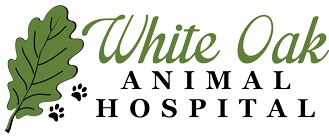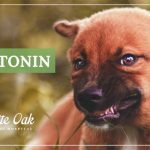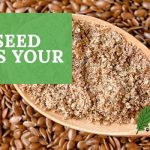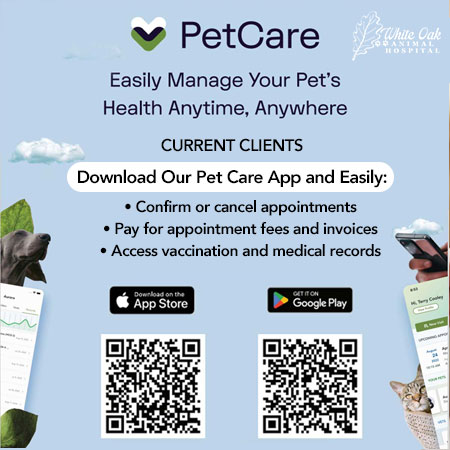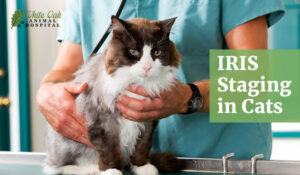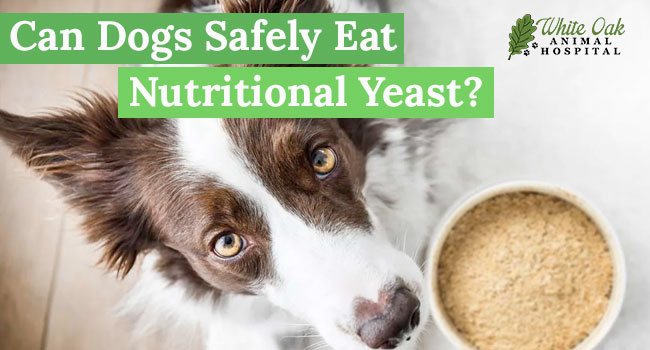
Since nutritional yeast benefits people, can dogs safely eat nutritional yeast? Or could eating nutritional yeast potentially cause harm to dogs? Nutritional yeast has recently skyrocketed in popularity as a health food for humans. This inactive yeast is a good source of protein, vitamins, and minerals. It has a nutty, cheesy flavor, making it a popular supplement for human diets. This article provides a comprehensive guide on the pros and cons of feeding dogs nutritional yeast.
What is Nutritional Yeast?
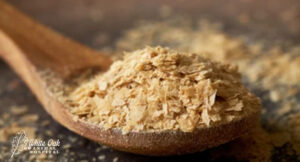 First, let’s start with a quick biology overview. Nutritional yeast refers to strains of Saccharomyces cerevisiae yeast grown specifically for their nutritional value rather than leavening abilities. It is deactivated yeast, meaning it will not froth or grow like active yeasts used in baking. Brewer’s yeast is another type of inactive yeast often confused with nutritional yeast. While both provide benefits, brewer’s yeast tastes much more bitter. Nutritional yeast offers a wealth of nutrients, including:
First, let’s start with a quick biology overview. Nutritional yeast refers to strains of Saccharomyces cerevisiae yeast grown specifically for their nutritional value rather than leavening abilities. It is deactivated yeast, meaning it will not froth or grow like active yeasts used in baking. Brewer’s yeast is another type of inactive yeast often confused with nutritional yeast. While both provide benefits, brewer’s yeast tastes much more bitter. Nutritional yeast offers a wealth of nutrients, including:
- Protein
- Vitamins B1, B2, B3, B5, B6 and B12
- Zinc
- Magnesium
- 18 Amino acids
Its mild, nutty, cheesy flavor makes nutritional yeast popular for humans to sprinkle onto pasta, grains, salads, and popcorn or used in cheese replacements. Now, can dogs safely eat nutritional yeast?
Can Dogs Safely Eat Nutritional Yeast?
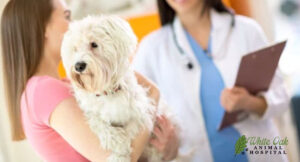 Nutritional yeast, recognized for its cheesy taste and various health advantages, is now a popular natural supplement for humans. However, the question arises: can dogs safely eat nutritional yeast? The response, typical in matters concerning canine health, is detailed and relies on the specific needs of your furry friend. Although some dogs may handle and gain from small amounts of nutritional yeast, it’s crucial to approach this cautiously. Before introducing nutritional yeast into your dog’s diet, elements like allergies, sensitivities, and overall health should be considered. Seeking advice from a veterinarian to determine suitability and appropriate serving sizes ensures that any potential benefits align with the well-being of your canine companion.
Nutritional yeast, recognized for its cheesy taste and various health advantages, is now a popular natural supplement for humans. However, the question arises: can dogs safely eat nutritional yeast? The response, typical in matters concerning canine health, is detailed and relies on the specific needs of your furry friend. Although some dogs may handle and gain from small amounts of nutritional yeast, it’s crucial to approach this cautiously. Before introducing nutritional yeast into your dog’s diet, elements like allergies, sensitivities, and overall health should be considered. Seeking advice from a veterinarian to determine suitability and appropriate serving sizes ensures that any potential benefits align with the well-being of your canine companion.
Potential Benefits
Nutritional yeast has gained popularity as a health supplement for humans, and the question naturally arises: can dogs safely eat nutritional yeast, too? This deactivated yeast boasts a cheesy flavor and a wealth of potential health benefits. Still, it’s essential to understand the potential risks and considerations before incorporating it into your canine companion’s diet.
 The Saccharomyces cerevisiae strains provide probiotic nutrients for gastrointestinal health. The probiotics aid digestion similar to supplements such as Purina FortiFlora for dogs. They help break down food particles and nutrients while controlling harmful bacteria growth.
The Saccharomyces cerevisiae strains provide probiotic nutrients for gastrointestinal health. The probiotics aid digestion similar to supplements such as Purina FortiFlora for dogs. They help break down food particles and nutrients while controlling harmful bacteria growth.
Nutritional yeast delivers ample B vitamins, which help dogs properly metabolize fats, carbs, and protein from meals. These water-soluble vitamins must be continually replenished, which nutritional yeast provides.
Possible Dangers
Nutritional yeast, with its cheesy flavor and abundance of nutrients, has become a popular dietary supplement for many humans. But can dogs safely eat nutritional yeast as well? While it offers potential benefits like improved digestion and a vibrant coat, there are also potential dangers.
 Can dogs safely eat nutritional yeast? While small serving sizes positively impact dogs, more significant amounts can cause toxicity. Excessive nutritional yeast consumption may potentially lead to painful gas, diarrhea, or bloat. Liver or kidney problems could also develop long-term. Toxicity thresholds depend on your dog’s size.
Can dogs safely eat nutritional yeast? While small serving sizes positively impact dogs, more significant amounts can cause toxicity. Excessive nutritional yeast consumption may potentially lead to painful gas, diarrhea, or bloat. Liver or kidney problems could also develop long-term. Toxicity thresholds depend on your dog’s size.
Some dogs may be allergic to Saccharomyces yeast strains. Symptoms typically include itchy skin, ear infections, face rubbing, and rear scooting. An elimination diet trial helps determine if nutritional yeast triggers allergies. Diarrhea or vomiting may also signal food sensitivities.
How Much Nutritional Yeast Can Dogs Have?
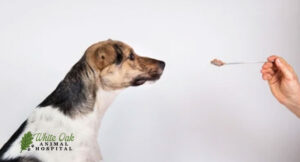 Can dogs safely eat nutritional yeast? The optimal daily dosage of nutritional yeast for dogs depends on their size:
Can dogs safely eat nutritional yeast? The optimal daily dosage of nutritional yeast for dogs depends on their size:
- Small Dogs (under 25 pounds): 1/4 teaspoon (600mg) maximum
- Medium Dogs (26-50 pounds): 1/2 teaspoon (1200mg) maximum
- Large Dogs (51-100 pounds): 3/4 teaspoon (1800mg) maximum
Monitoring your dog’s reaction when introducing nutritional yeast is crucial. Start with even smaller amounts, like 1/8 teaspoon per day, and gradually increase the quantity as needed while observing for any adverse effects.
Can All Dogs Eat Nutritional Yeast?
While nutritional yeast can be a safe and beneficial supplement for many dogs, certain groups require additional precautions:
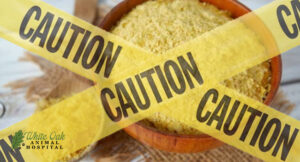 1. Puppies: As puppies have particular nutrient requirements for healthy development, it’s always advisable to consult your veterinarian before feeding them nutritional yeast.
1. Puppies: As puppies have particular nutrient requirements for healthy development, it’s always advisable to consult your veterinarian before feeding them nutritional yeast.
2. Senior Dogs: Older dogs often have sensitivities or may be taking medications, making close monitoring essential when introducing nutritional yeast. Additionally, potential overdoses of vitamins and minerals have become a more significant concern.
3. Ill Dogs: Dogs suffering from health conditions like cancer, kidney disease, diabetes, or food allergies should only be given nutritional yeast under veterinary guidance due to their specific dietary needs and potential complications.
Monitoring Your Dog on Nutritional Yeast
While nutritional yeast offers a wealth of potential benefits for dogs, incorporating it into their diet requires careful consideration and monitoring. We’re here to help in navigating the question of can dogs safely eat nutritional yeast:
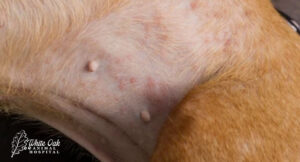 Allergy Signs: Watch for signs like itchy paws, face rubbing, recurrent ear troubles, or skin irritation like redness or hot spots. These may indicate an allergy to nutritional yeast, requiring an elimination diet trial and potentially discontinuation.
Allergy Signs: Watch for signs like itchy paws, face rubbing, recurrent ear troubles, or skin irritation like redness or hot spots. These may indicate an allergy to nutritional yeast, requiring an elimination diet trial and potentially discontinuation.- Overdose Symptoms: If your dog experiences lethargy, nausea, vomiting, diarrhea, gas, or bloating, it might signify too high levels of nutritional yeast for their system to handle. Stop use immediately and consult your veterinarian, especially if symptoms persist. Tracking input amounts helps determine potential toxicity thresholds.
Alternatives to Nutritional Yeast:
- Other B-vitamin sources: Brewer’s yeast extract, dried yeast, and liver can provide similar benefits.
- Prebiotics and probiotics: Supplementing with these can promote healthy gut bacteria and digestion.
- Whole food options: Adding cooked vegetables like sweet potato and broccoli can offer some of the same nutritional benefits as yeast.
Before making any changes to your dog’s diet, such as introducing nutritional yeast, it’s advisable to seek guidance from your veterinarian. They can provide personalized advice based on your dog’s age, breed, health status, and specific needs. Your vet can determine the correct dosage, address potential concerns, and monitor your dog for adverse reactions.
The safety of nutritional yeast varies depending on individual factors. While generally considered safe and beneficial, responsible pet ownership requires careful monitoring and adherence to safe consumption guidelines. By collaborating with your veterinarian and observing how your dog responds, you can ensure they enjoy the benefits of eating nutritional yeast without any complications.
Most dogs, when fed moderately under veterinary supervision, can safely eat nutritional yeast, which can have positive impacts on health. It contains probiotics for improved digestion, protein for cell repair, and numerous B vitamins. Some dogs may develop allergies or intolerance, so it’s essential to introduce nutritional yeast conservatively, especially to puppies or ill dogs.
Nutritional yeast benefits dogs lacking specific nutrients or requiring probiotics when fed appropriately. Monitor closely during the transition, adjusting based on any signs of sensitivity. Can dogs safely eat nutritional yeast? Those tolerant of yeast can gain health rewards with controlled, moderate supplementation tailored to their needs. Before adding nutritional yeast to your dog’s diet, discuss options with your veterinarian for sourcing, amounts, and monitoring guidelines.
In conclusion, consuming nutritional yeast requires careful consideration, and consulting your veterinarian is crucial before introducing it to your dog’s diet. While considered safe, responsible pet ownership involves monitoring and adherence to safe consumption guidelines. When introduced under veterinary guidance, nutritional yeast can offer health benefits, providing probiotics for digestion, protein for tissue maintenance, and B vitamins.
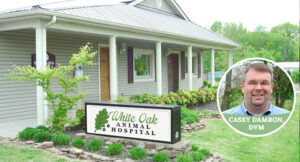 Caution is advised, especially with puppies or dogs with medical issues. Monitoring your dog’s reaction, starting with smaller amounts, ensures a safe transition. While not all dogs can consume nutritional yeast freely, those tolerant of it can gain health rewards with controlled, moderate supplementation. Before incorporating it, discuss options with your veterinarian for informed guidance. For expert care and integrative options, consider White Oak Animal Hospital, where Dr. Casey Damron offers over 28 years of experience and TCVM Telemedicine consultations.
Caution is advised, especially with puppies or dogs with medical issues. Monitoring your dog’s reaction, starting with smaller amounts, ensures a safe transition. While not all dogs can consume nutritional yeast freely, those tolerant of it can gain health rewards with controlled, moderate supplementation. Before incorporating it, discuss options with your veterinarian for informed guidance. For expert care and integrative options, consider White Oak Animal Hospital, where Dr. Casey Damron offers over 28 years of experience and TCVM Telemedicine consultations.
Related Posts
-
How Melatonin for Dogs Promotes Relaxation
Just like people, dogs experience stress for a number of reasons. Some dogs feel nervous…
-
Benefits of Spirulina Supplements For Dogs
s Will spirulina supplements benefit your dog? Well, just like people, sometimes pets experience dips…
-
How to Find the Best Thyroid Supplement for Dogs
If you're looking for the best thyroid supplement for dogs, you've landed on the right…
-
Top 3 Flaxseed Nutrition Benefits For Dogs
Flaxseed is one of nature’s greatest medicines. Humans and pets alike can consume this unique…
